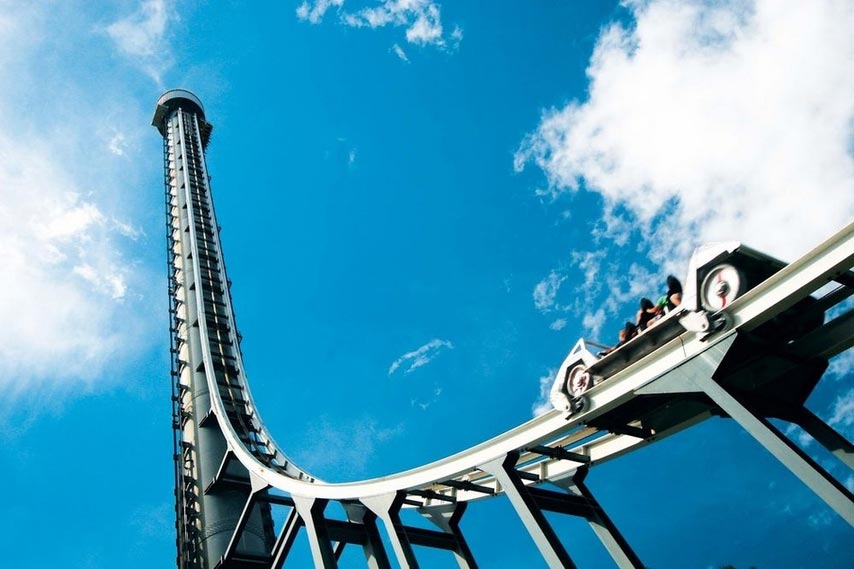We live amidst warfare. Spiritual warfare. God will end it someday, but, “From the days of John the Baptist until now the kingdom of heaven has suffered violence, and men of violence take it by force” (Matt. 11:12). We live amidst spiritual violence. A spiritual life is necessarily one of warfare.
The life of prayer calls for continuous battles. It is the most important and the longest effort in a life dedicated to God. This effort has been given a beautiful name: it is called the guard of the heart. The human heart is a city; it was meant to be a stronghold. Sin surrendered it. Henceforth it is an open city, the walls of which have to be built up again. The enemy never ceases to do all he can to prevent this. He does this with his accustomed cleverness and strength, with stratagem and fury . . . he succeeds all along the line to distract us and entice us away from the divine presence. We must always be starting again. These continual recoveries, this endless beginning again, tires and disheartens us far more than the actual fighting. We would much prefer a real battle, fierce and decisive. But God, as a rule, thinks otherwise. He would rather we were in a constant state of war. (Dom Augustin Guillerand)
We have to adopt this reality. We must fight against a false sense of security and peace, which is really just complacency. In other words, we all (even those who would never consider themselves as such) experience the temptation to be Nominal Catholics – those who like to have faith as long as it is comfortable and who thereby “measure God by themselves and not themselves by God” (St. John of the Cross).
God wants our lives to be hazardous. God wants us to be a little bit more than adequately challenged. He wants us leaning forward to such a degree than we have to run in order to stay upright. God wants lives lived in radical faith.
Sooner or later, in following the Lord and seeking His Will, we will sense Him asking us to do something that makes us quiver. He will ask us to take quite a risk in an arena where we feel impossibility and the threat of failure. Practically the defining characteristic of encounters with God in Scripture and the lives of the saints is the response, “You want me to do what?”
If we don’t feel that way with some frequency, we have to ask ourselves how closely we are following our Lord. Are we defining ourselves by Him or are we defining Him by ourselves?
Maybe another way to put this is that, in a certain very real sense, God loves failure (‘failure’). How much does it ravish the Father’s heart and pump up the Holy Spirit (who is quite excitable) when we say, in radical faith, “Lord, I know you are leading me somewhere. I don’t know for sure, but I think it’s over there. So I will take this step. I could be wrong, and that really scares me. But I will take this risk, because you are my God and will be there to catch me. Always.” Even if that step ‘fails’ and it doesn’t seem to ‘work out’, these are the self-abandoning, internally-surrendering risks that propel us deeper into the heart of God and His loving movement in history. Risk-taking abandonment to the Will of God – this is the crux of existence.
Life is a hazard or it is not quite life. In order words, life is only found in being a disciple – a devoted follower of a wild God who is as tame as a roller coaster.
Joey McCoy
Latest posts by Joey McCoy (see all)
- Being A Catholic, Being Like Mary - September 21, 2017
- The Gospel and Growth in Virtue - July 20, 2017
- Progress in Virtue - July 18, 2017


on said:
God has graced you with the spirit of Wisdom (beyond your years). Thank you for this. As an older soul, you have given me a renewed sense of the good fight. Deo gratias.
on said:
I like reading a post that can make people think. Also, many thanks for allowing for me to comment!
on said:
Dui Attorney West Palm Beach